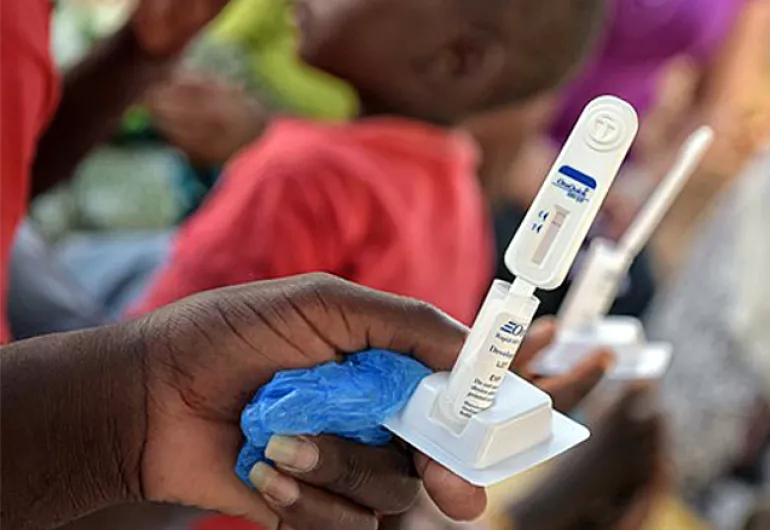Men in sub-Saharan Africa are missing from HIV testing and treatment services. People often blame men’s underutilization of services on toxic masculinity and a “macho man” mentality; however, little is known about how the organization of health services may discourage men’s use of care. In this talk, I draw from multiple studies in Malawi to describe how health services typically focus on women’s and children’s health and examine how the gendered organization of HIV services influences men’s daily experiences with care, providing little opportunity or motivation for men to engage in HIV services. Finally, I explore innovative strategies from sub-Saharan Africa to increase men’s use of HIV services without compromising needed services for women and children. Throughout the talk I highlight how a gendered organization framework can be applied to other research questions in order to better understand complex, institutional barriers to care.
Dr. Kathryn (Kate) Dovel is a behavioral scientist and faculty in the Division of Infectious Diseases in the David Geffen School of Medicine at UCLA. Her research focuses on access to HIV services for men in Sub-Saharan Africa, where she lived for 8 years. Her work uses mixed methods to understand the gendered structure of HIV services in the region. She is an expert in implementation studies having been PI of multiple HIV self-testing trials in Malawi, and has a Forgarty K01 award alongside a large grant from the Bill and Melinda Gates Foundation to test innovative treatment strategies for HIV-positive men in Malawi. Dr. Dovel is regularly involved in global HIV policy development and has helped lead the development of HIV self-testing guidelines in Malawi.







